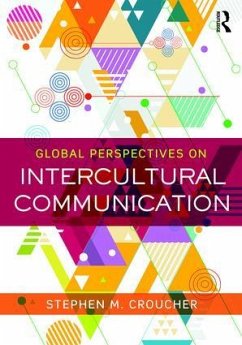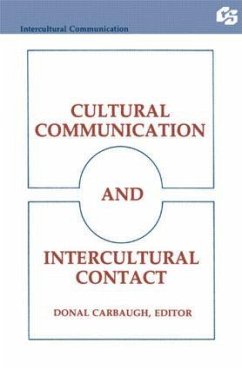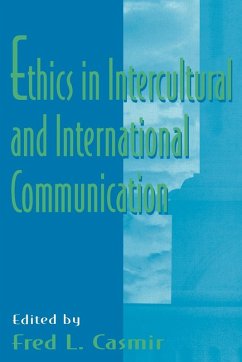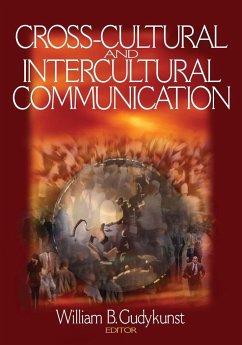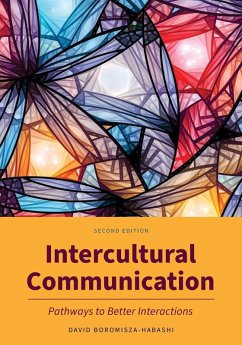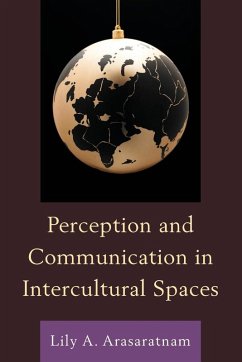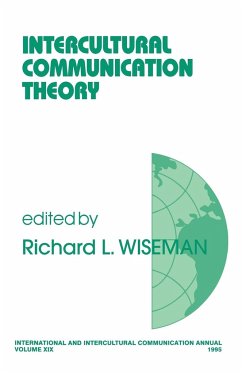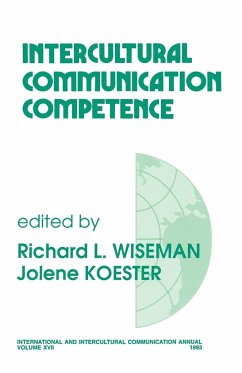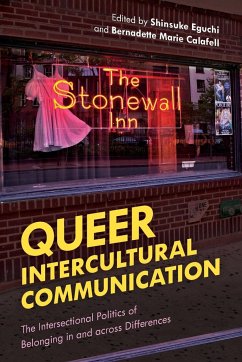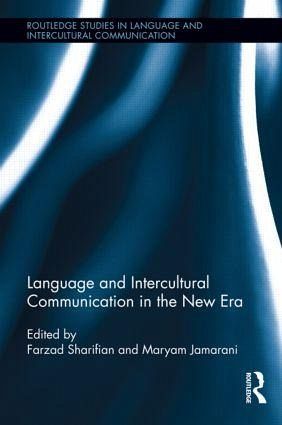
Language and Intercultural Communication in the New Era
Versandkostenfrei!
Versandfertig in 1-2 Wochen
69,99 €
inkl. MwSt.
Weitere Ausgaben:

PAYBACK Punkte
35 °P sammeln!
Studies of intercultural communication in applied linguistics initially focused on miscommunication, mainly between native and non-native speakers of English. But the advent of the twenty-first century has witnessed a revolution in the contexts and contents of intercultural communication; technological advances such as chat rooms, emails, personal weblogs, Facebook, Twitter, mobile text messaging on the one hand, and the accelerated pace of people's international mobility on the other have given a new meaning to the term "intercultural communication". This book showcases recent studies in a mu...
Studies of intercultural communication in applied linguistics initially focused on miscommunication, mainly between native and non-native speakers of English. But the advent of the twenty-first century has witnessed a revolution in the contexts and contents of intercultural communication; technological advances such as chat rooms, emails, personal weblogs, Facebook, Twitter, mobile text messaging on the one hand, and the accelerated pace of people's international mobility on the other have given a new meaning to the term "intercultural communication". This book showcases recent studies in a multitude of contexts to enable a collective effort towards advancements in the area.





